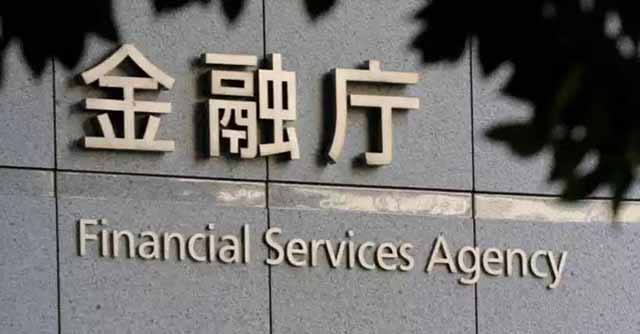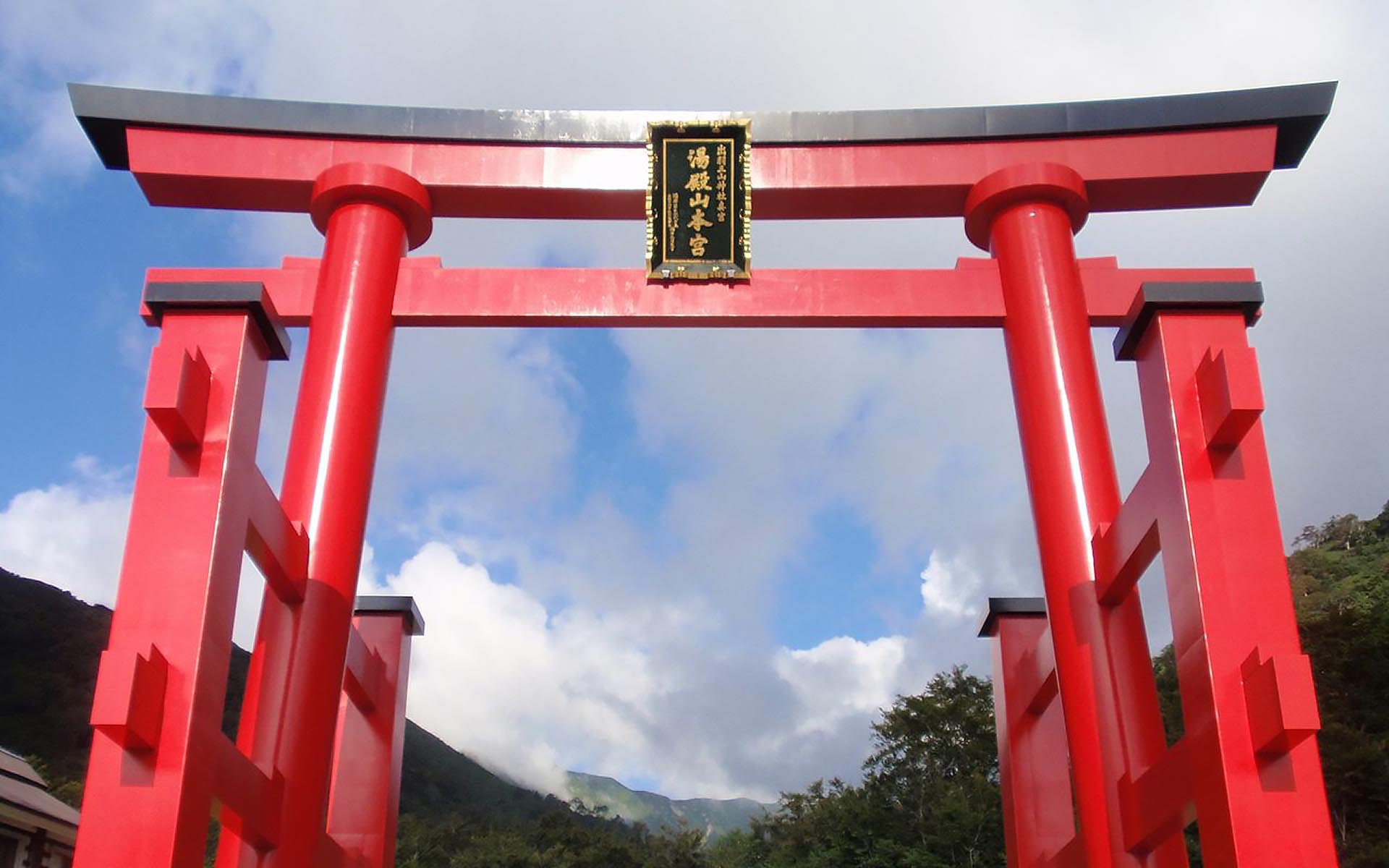Despite Japan’s position at the forefront of crypto-trading and regulation, there is one area in which they sorely lag behind. Although ICOs have exploded onto the world stage over the last couple of years, Japan has seen barely a handful.
No Regulation, No Good
Yesterday I suggested that it was perhaps because of the relatively strong regulatory framework that Japan was such a hot market for cryptocurrency. But as yet there are no clear guidelines relating to ICOs. Perhaps this uncertainty is one reason why they have yet to catch on in the country?
In a statement last October, Japan’s financial watchdog, the FSA, said that some ICOs would fall under existing regulations. However, it stated that these must be reviewed on a case by case basis.
Utility Token or Share?
An FSA official speaking anonymously to the Japan Times confirmed that a key deciding factor would be the intended use of the token. This is roughly in line with several other countries’ position on the matter.
If investors receive dividend-like rewards, these schemes are like investment funds which require a license to operate legally. However, tokens for use in payment systems would fall under the existing regulation for cryptocurrencies. Current exchanges could trade these as long as they receive government approval.

Where There’s a Will
One way around this has been to list the tokens issued in the ICO on overseas exchanges. Tokyo-based Alis Co used this tactic when successfully raising 400 million yen ($3.6M) in their ICO last March.
CEO Yasahiru Masu said last month:
We were confident of our business plan… but we were surprised when we could actually attract that much money that quickly
He also claimed to have consulted the FSA before launching the ICO.
Change is a-Comin’
Since then, of course, we have seen the loss of 57 billion yen (half a billion dollars) during the Coincheck hack in January. This has prompted an FSA research panel which will consider (among other things) ICO regulation in the coming months.
The FSA are aware of the benefits of ICOs and believe the key is to eliminate ‘bad’ ICOs through regulation. The anonymous official said:
While we warn that there is potential for fraud with ICOs, they make it easier for startups to raise money… We need to balance the merits of ICOs and consumer protection.
Certainly, it will be interesting to see what happens once regulations are put into place, and Japan finally has the chance to catch the ICO-mania that has gripped the rest of the crypto-world.
Do you think ICOs will gain more traction in Japan once clear guidelines and regulations are in place? Let us know in the comments below.
Images courtesy of Nikkei, Wikimedia Commons











